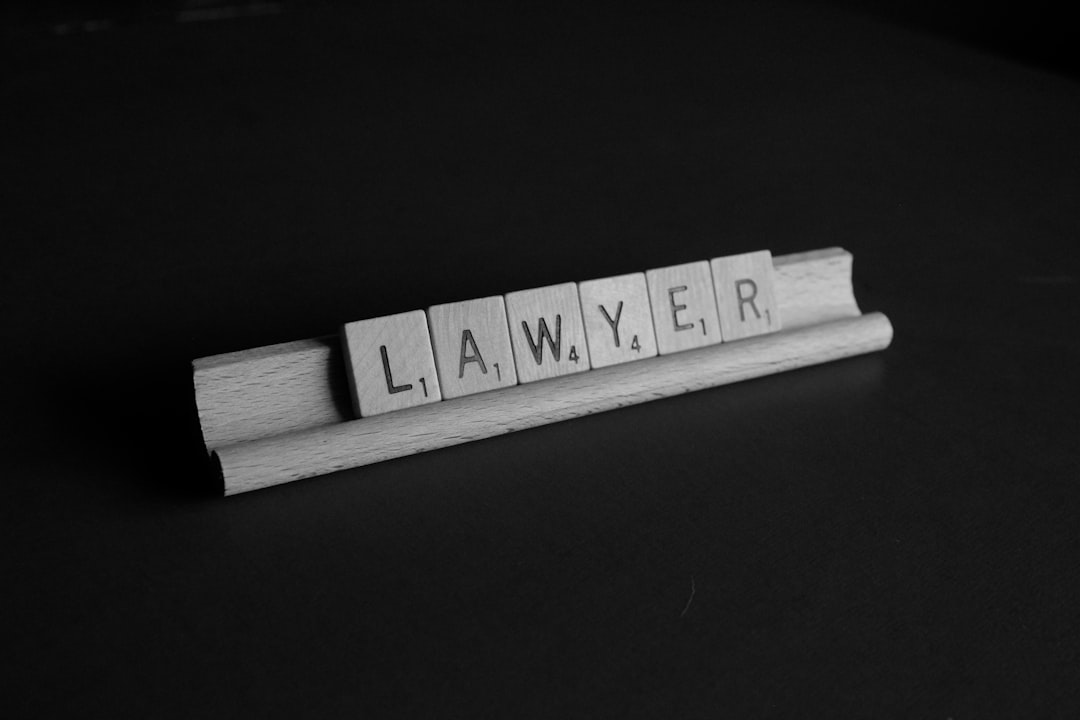Psychological evaluations are crucial for Buffalo sexual abuse victims, providing insights into mental health and trauma. Legal professionals recommend these assessments for evidence and treatment guidance. Preparing for such evaluations requires strategic planning, including document organization and open communication with a Sexual Abuse Lawyer in Buffalo, NY. Survivors have specific rights and protections; lawyers ensure fair treatment, guide through legal proceedings, and offer psychological evaluation support while protecting privacy. Connect with a qualified sexual abuse lawyer in Buffalo, NY, for assistance.
“Navigating psychological evaluations in Buffalo abuse cases requires understanding and preparation. This guide delves into the intricacies of these evaluations, crucial for legal proceedings involving sexual abuse in Buffalo, NY. We explore ‘Understanding Psychological Evaluations,’ offer practical ‘Preparing for Your Evaluation’ tips, and discuss your ‘Legal Implications and Rights’ as a survivor. Armed with this knowledge, you can confidently face the process, supported by the expertise of a sexual abuse lawyer Buffalo NY.”
Understanding Psychological Evaluations in Abuse Cases

Psychological evaluations play a pivotal role in Buffalo abuse cases, especially when it comes to matters of sexual abuse. These assessments are designed to provide an in-depth understanding of the victim’s mental state and the impact of the traumatic event on their life. Conducted by qualified professionals, such as licensed psychologists or therapists, these evaluations go beyond mere diagnosis and aim to offer a comprehensive picture of the individual’s emotional well-being.
For victims of sexual abuse, the process can be challenging but essential. A skilled sexual abuse lawyer in Buffalo, NY, will often recommend these evaluations to gather evidence and support their client’s claim. The results can help demonstrate the severity of psychological injuries, facilitate appropriate treatment recommendations, and contribute to a fair legal outcome. Understanding this evaluation process is crucial for both victims seeking justice and legal professionals advocating on their behalf.
Preparing for Your Evaluation: Tips and Considerations

Preparing for a psychological evaluation in a Buffalo abuse case, especially regarding sexual abuse, requires careful consideration and proactive steps. As this process can be emotionally taxing, it’s crucial to approach it with a clear understanding of what to expect. Engaging with a reputable and experienced legal team, such as a Sexual Abuse Lawyer in Buffalo NY, is an integral part of this preparation. These professionals can guide you through the legal and psychological aspects, ensuring you’re well-prepared for the evaluation.
Consider gathering and organizing relevant information and documentation related to the abuse. This might include medical records, police reports, or any evidence that supports your case. Additionally, reflecting on past experiences and maintaining open communication with your lawyer can help in providing a comprehensive narrative during the evaluation. Remember, preparation is key to presenting a strong and accurate account of your story.
Legal Implications and Rights as a Survivor in Buffalo, NY

In Buffalo, NY, survivors of sexual abuse have specific rights and protections under the law. If you’ve experienced sexual misconduct or abuse, it’s crucial to understand your legal standing. A qualified sexual abuse lawyer in Buffalo can guide you through the complex system of rights and resources available to help you heal and seek justice. They can ensure that your voice is heard and that you receive fair treatment during any legal proceedings.
When facing a psychological evaluation, whether as part of a civil or criminal case, survivors have the right to be treated with dignity, respect, and sensitivity. The law in Buffalo emphasizes the protection of victims’ privacy and confidentiality. A sexual abuse lawyer can assist in navigating these legal implications, ensuring that your rights are upheld throughout the process. This includes the right to informed consent, the protection from retroactive laws, and access to support services tailored to survivors’ needs.






